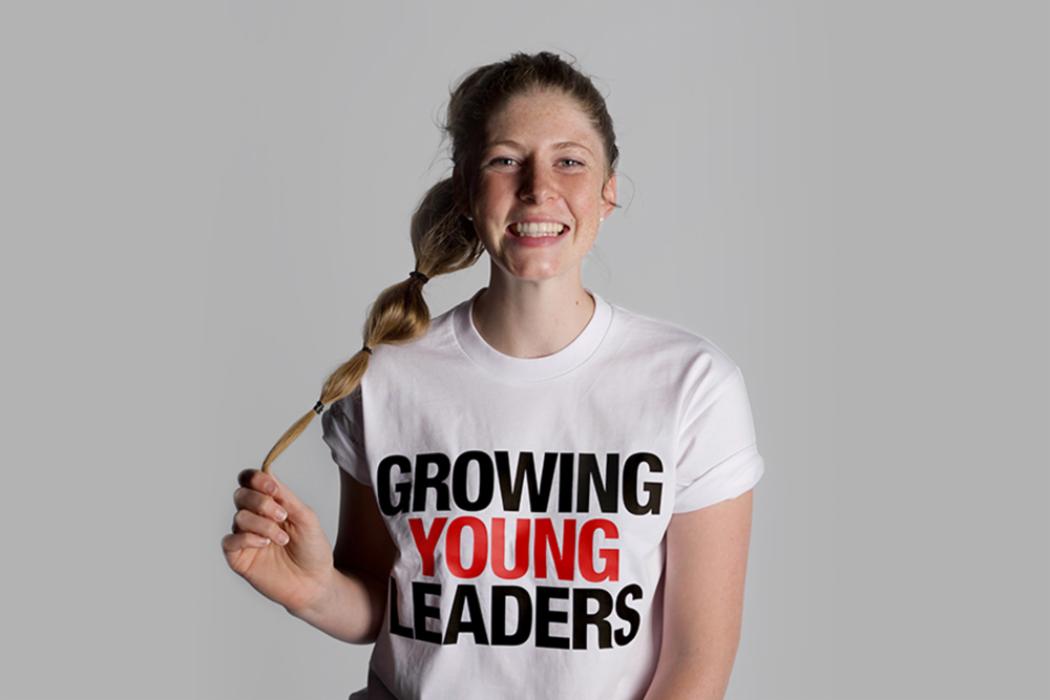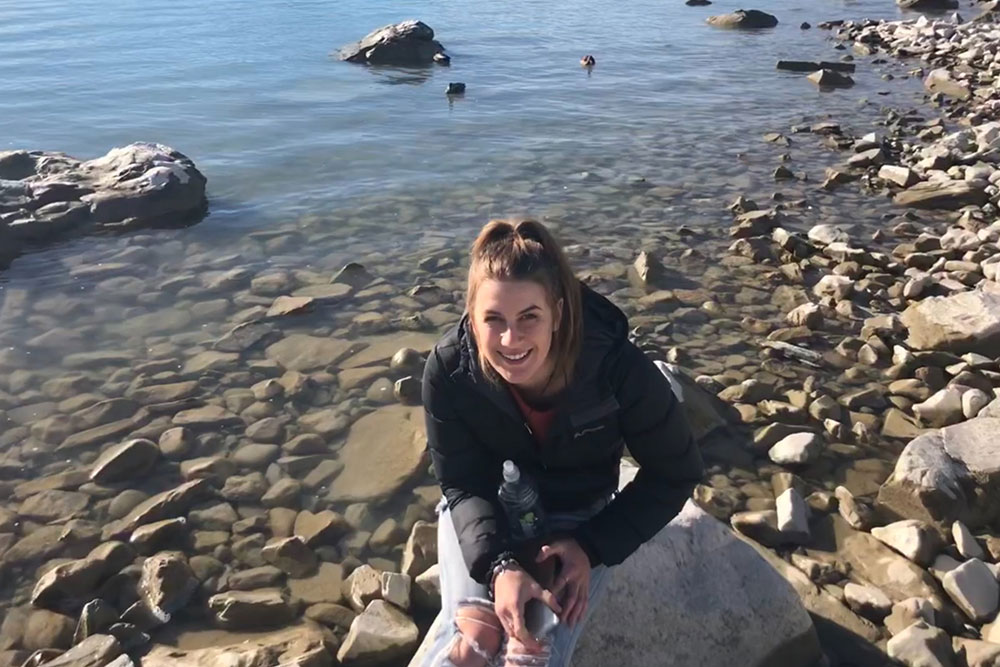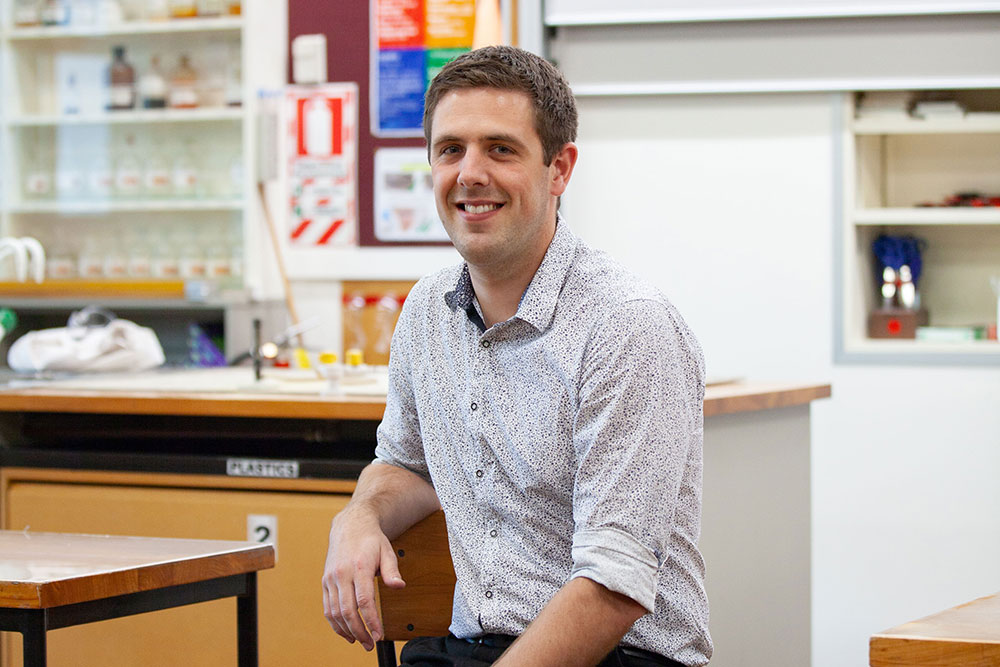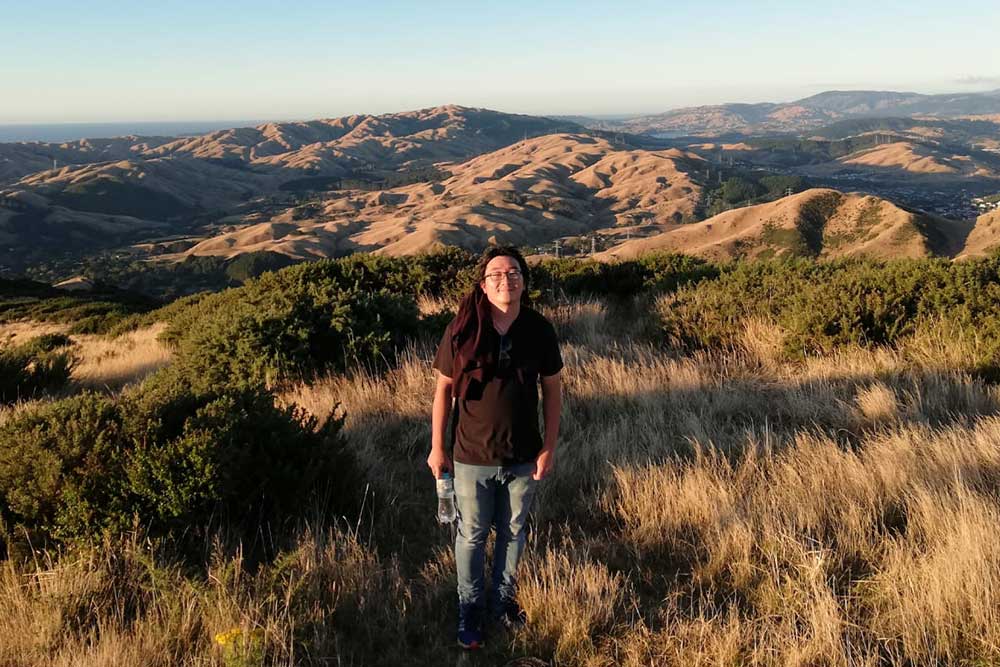Graduates with this degree are employed in a range of jobs — see some examples below.
Note: Some of the jobs listed may require further study at postgraduate level. See also ‘Further study’ on this page.
Research scientist / associate
- Designs and conducts research experiments
- Analyses the data and results
- Publishes journal papers, files patents, and presents information at conferences
Toxicologist, chemical consultant
- Identifies toxic substances and evaluates potential harmful effects
- Conducts laboratory and field experiments
- Produces research reports and advises business, government and industry
Environmental scientist / technician
- Applies knowledge of atmospheric, water and soil chemistry to the environment
- Carries out field and lab tests and records data eg, measures level of pollutants
- Conducts analysis and writes technical reports
- Develops and oversees policy and procedures
- Interprets regulations and monitors compliance
Field / laboratory technician
- Plans and carries out research experiments with guidance
- Maintains and calibrates equipment
- Liaises with scientists and industry personnel
- Collects and collates data, and drafts reports
Laboratory manager
- Manages laboratory staff, budgets, workloads
- Maintains and updates lab documentation
- Ensures safety and quality standards
- Reviews methods and validates results
Secondary school teacher
- Plans and delivers instructional lessons
- Evaluates performance and provides feedback
- Sets and marks assignments and tests
Science communicator
- Presents science topics to various audiences eg, publicising research findings
- Manages educational programmes eg, exhibitions, outreach events, seminars
- Produces content eg, media releases, videos
Patent attorney / advisor
- Researches technical or scientific documents to assess if a product is new and innovative
- Maintains knowledge of laws and regulations
- Writes patent applications for new chemical inventions, including medicines and materials
- Advises businesses, government and industry
Quality manager
- Ensures that products, processes and systems meet quality standards
- Develops policies and procedures
- Solves problems, makes decisions and supports others to achieve these standards
Data analyst / technician
- Analyses data and models techniques to solve problems
- Uses software and computer programs, may develop these for new products
- Gains insight for decision-making purposes
Entrepreneur and CEO
- Develops an idea to form their own business
- Gets involves in a start-up
- Offers their services as a consultant
Get started with Entrepreneurship here.





